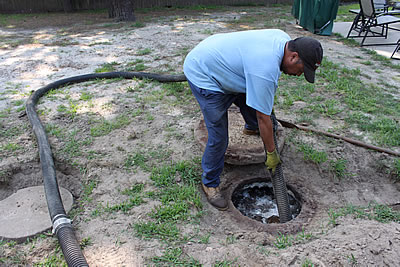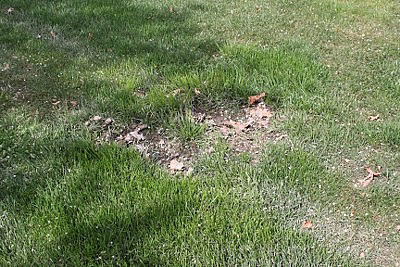Pump Your Septic Tank Regularly
The Right Maintenance Will Protect Your Septic System Investment
The staff of DiMeglio, Inc. is committed to service excellence.
DiMeglio protects your septic system from potential major damage by facilitating minor repairs promptly.
If your system has any of the warning signs of system failure, call DiMeglio Septic ASAP – 1-800-427-4617. Our service technicians are qualified and trained to safely pump septic systems.
Proper septic maintenance largely depends on the following :
- Total Number of people living in your household (permanent and vacation homes will differ in the amount of time between recommended routine maintenance)
- Amount of wastewater generated (permanent and vacation homes will differ in the amount of time between recommended routine maintenance)
- Volume of solids present in the wastewater (i.e. use of a garbage disposal will increase the frequency of recommended routine maintenance)

Just Call DiMeglio & You Will Be Good To Go!
Additional Ways to Protect Your Investment
- Pump Your Septic Tank Regularly
- If the buildup of solids in the tank becomes too high and solids move to the drainfield, this could clog and strain the system to the point where a new drainfield will be needed.
- Routine pumping costs over the extended lifetime of your system are far less than replacement costs.
- Yearly pumping is suggested or when the total depth of sludge and scum exceeds one-third of the liquid depth of the tank.
- Routinely servicing your septic system is the most important factor in maintaining and ensuring your septic system is properly protected.
- With proper maintenance, you can decrease the risk of a damaged drainage field due to solids flowing in to the drainage field.
- Simple routine maintenance can minimize the potential need for a new drainage field and protect your investment.
DiMeglo Septic System Maintenance Will:
- A DiMeglio technician will come out to your property and locate your septic tank
- The technician will access the tank and pump it out.
- DiMeglo Septic digital cameras can view the distribution box with minimal disruption to your lawn. (if inspection is requested)
- Effluent filter service – this filter prevents sludge particles from escaping the septic tank and settling in the disposal field, causing eventual failure.
- Maintain customer’s records (including system drawings and utility measurements) – quantity pumped, location of the tank, and condition notes at the time of service
- You will receive regular calls, emails and/or a postcard for your next service.




 What causes septic system to fail?
What causes septic system to fail?

